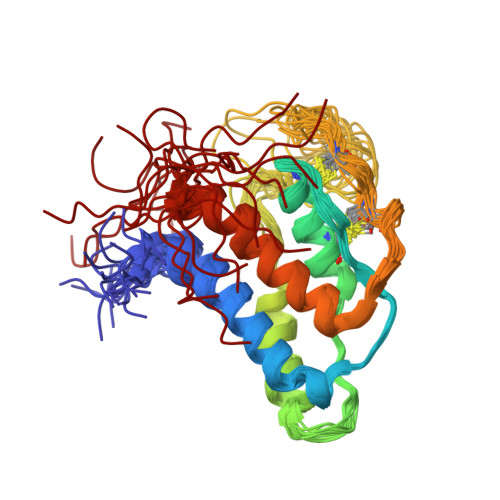Blog Post
Exploring the Versatile Roles of Interleukin 21 in Immunity
Introduction: Interleukin 21 (IL-21) is a multifunctional cytokine that plays diverse roles in immune regulation, inflammation, and cellular communication. In this blog post, we’ll delve into the intriguing functions of IL-21, its signaling pathways, and its impact on various immune cells. Join us as we unravel the complexity of IL-21 and its significance in immunology research.
Functions of IL-21: IL-21 is known for its ability to regulate immune responses by promoting the differentiation of T cells into effector subsets, including T helper 17 (Th17) cells and cytotoxic T lymphocytes (CTLs). It enhances antibody production by B cells and contributes to the development of memory immune responses. Additionally, IL-21 plays a role in the activation and function of natural killer (NK) cells and regulatory T cells (Tregs), influencing immune surveillance and tolerance mechanisms.
Signaling Pathways: IL-21 exerts its effects through the IL-21 receptor complex, which includes the IL-21Rα and the common gamma chain (γc). Upon binding to its receptors, IL-21 activates downstream signaling pathways, such as the JAK-STAT pathway, MAPK pathway, and PI3K-AKT pathway. These pathways regulate gene expression, cell proliferation, survival, and cytokine production, shaping the immune response and modulating immune cell functions.
Implications in Disease: The dysregulation of IL-21 signaling has been implicated in various immune-mediated diseases, including autoimmune disorders, inflammatory conditions, and cancer. Targeting IL-21 and its receptors has emerged as a potential therapeutic strategy for modulating immune responses, enhancing anti-tumor immunity, and treating autoimmune conditions.
Future Perspectives: As research on IL-21 continues to advance, novel insights into its role in immune cell interactions, tissue inflammation, and therapeutic interventions are anticipated. Investigating the crosstalk between IL-21 and other cytokines, such as IL-2 and IL-17, will provide a comprehensive understanding of its immunomodulatory functions and clinical applications.
Conclusion: Interleukin 21 (IL-21) emerges as a key regulator of immune responses, influencing the differentiation, activation, and function of various immune cells. By unraveling the functions and signaling pathways of IL-21, researchers aim to develop targeted therapies that modulate immune dysregulation and improve patient outcomes in immune-related diseases. Stay informed about the latest IL-21 research and its implications for immunotherapy and immune-mediated disorders.


